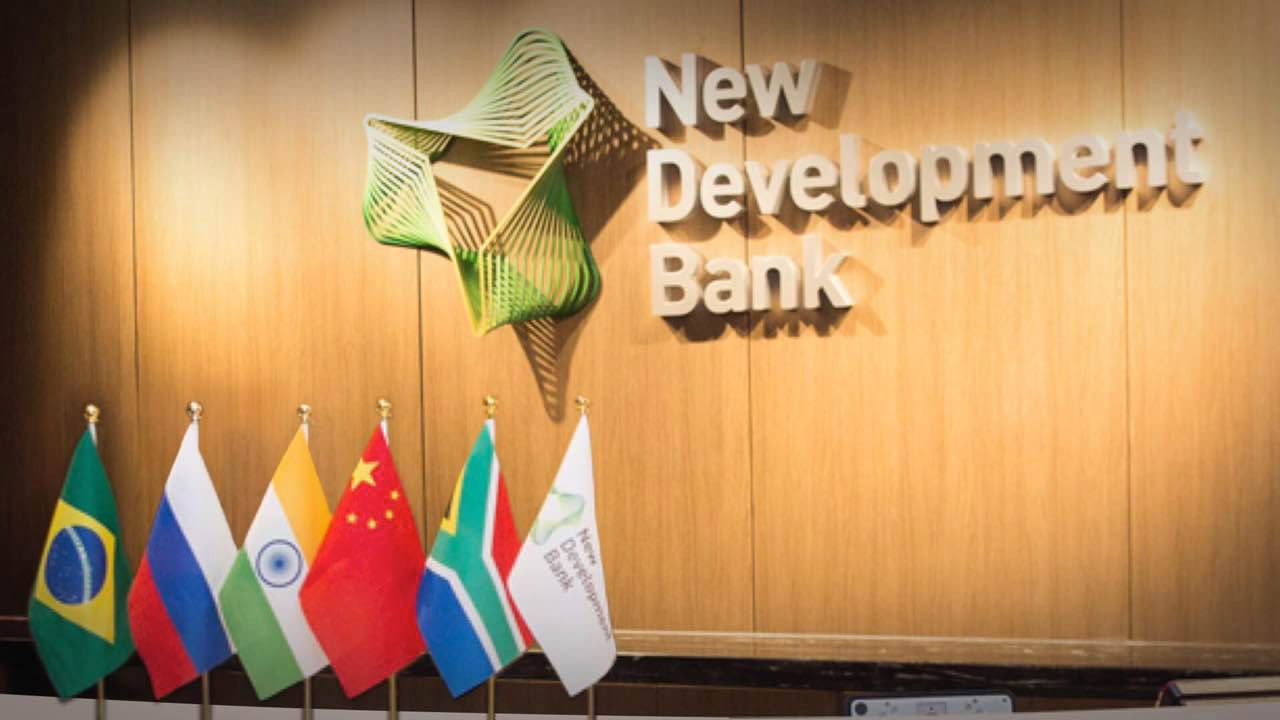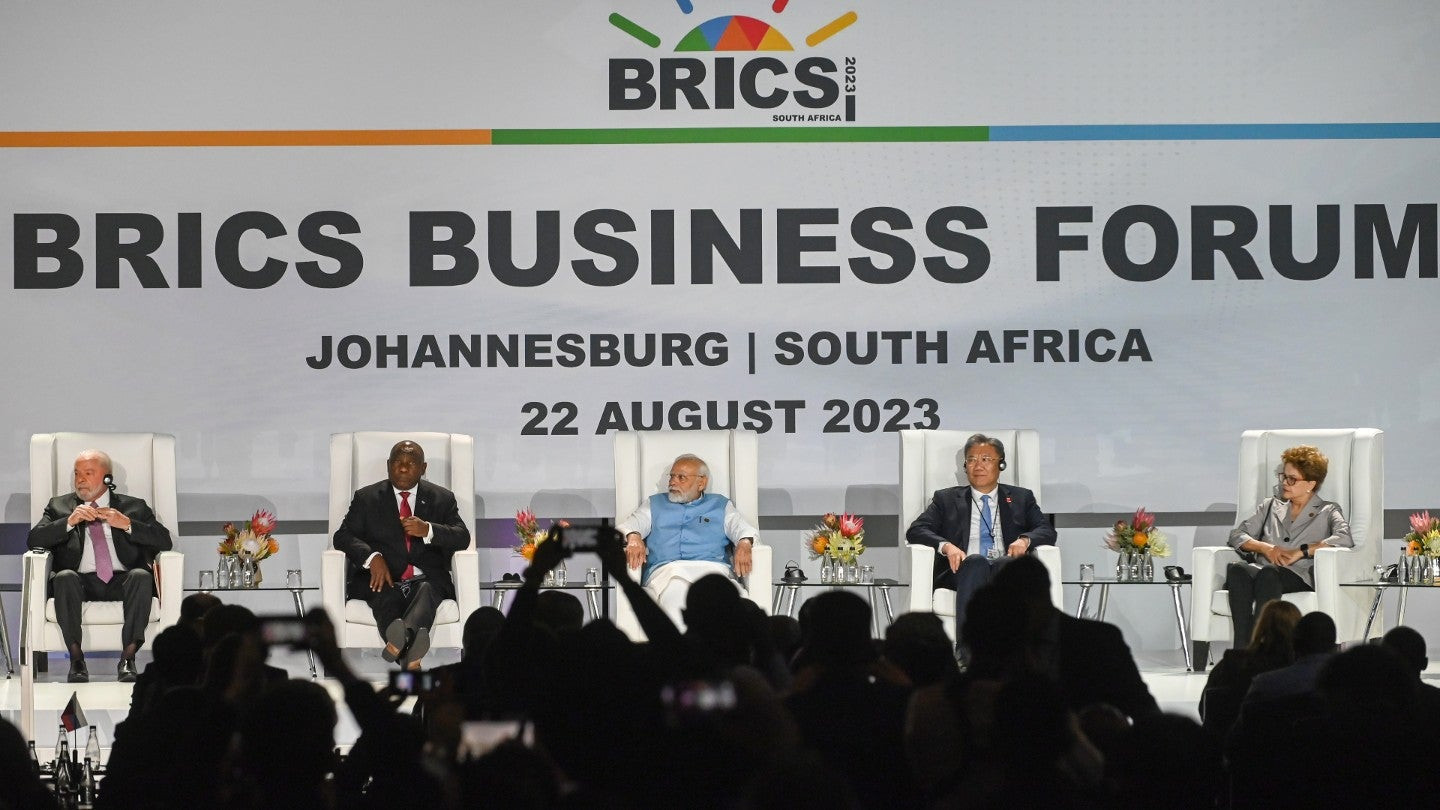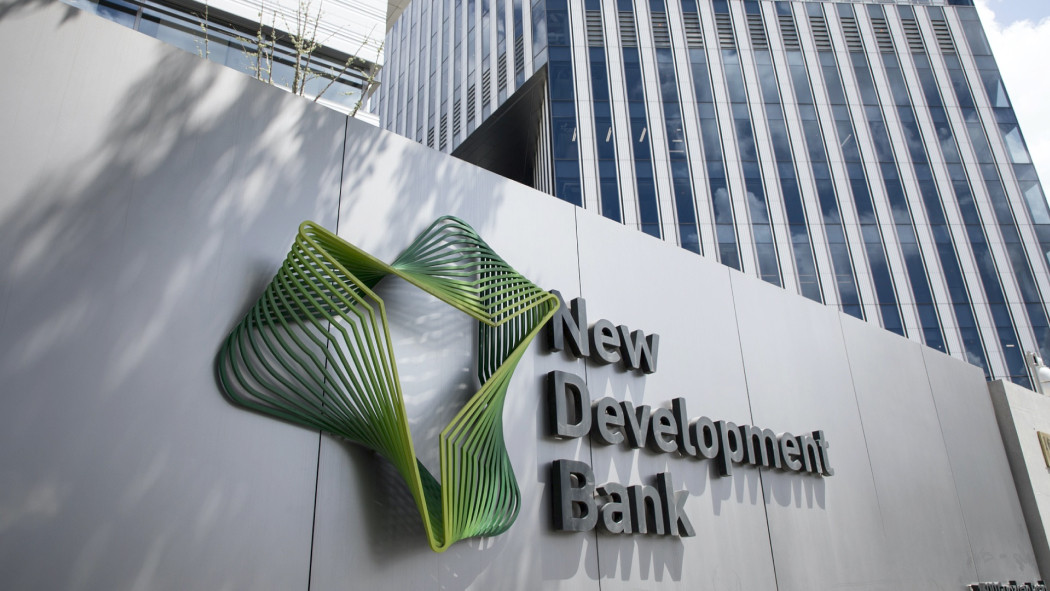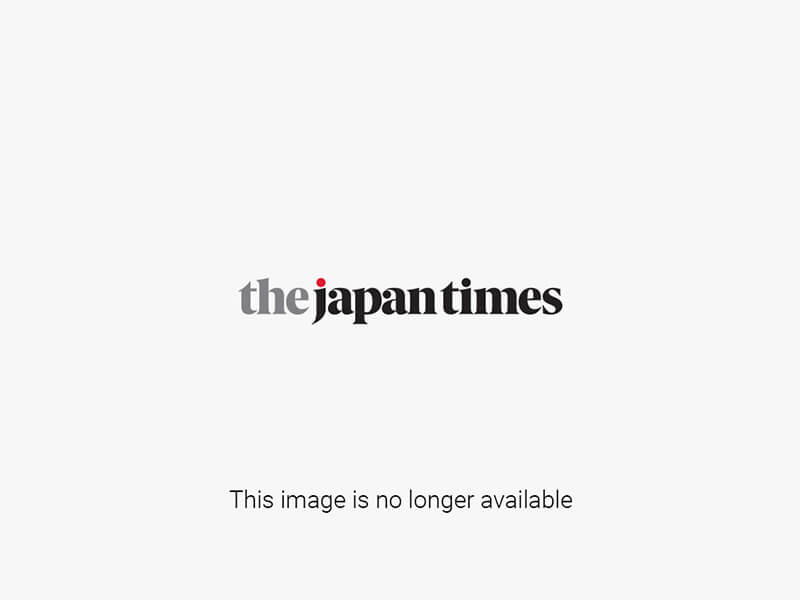BRICS Bank Emerges as a Viable Alternative to IMF for Zimbabwe
Kudzai Dominic Chiwenga, an Associate Professor at the University of Zimbabwe, has sparked a conversation about the potential of the BRICS New Development Bank (NDB) as a more favorable financial partner for Zimbabwe compared to the International Monetary Fund (IMF). Chiwenga, also the Chairman of the Zimbabwe-Russia Youth Foundation, believes that the NDB presents a unique opportunity for Zimbabwe to escape the cycle of debt and achieve sustainable development.
The NDB: A 'Fairer System' for Developing Nations
Chiwenga argues that The NDB, established in 2015 by the BRICS nations (Brazil, Russia, India, China, and South Africa), offers more flexible and supportive terms compared to the IMF. The NDB's mission is to mobilize resources for infrastructure and sustainable development projects in emerging markets and developing countries. The bank has been hailed as a crucial step towards creating a more equitable financial system for developing nations.
NDB's Flexibility and Support
The NDB's lending practices are a key differentiator. The BRICS bank provides loans based solely on economic need and repayment terms without linking them to political conditions. In contrast, the IMF often includes requirements such as democratic reforms, human rights considerations, and preferential trade agreements with Western countries as part of its lending conditions. This has led to criticisms that the IMF imposes its own political agenda on borrowing countries.
Zimbabwe's Debt Burden and the NDB's Promise
Chiwenga pointed out that although the IMF was initially founded to assist developing countries, many nations, such as Zimbabwe, have become caught in debt cycles due to high interest rates and unfavorable borrowing terms. Zimbabwe has been ravaged by years of economic turmoil and is grappling with a significant debt burden. Chiwenga believes the NDB offers a more equitable financial support and serves as a ‘breath of fresh air’ for countries seeking alternatives to traditional global financial institutions.
NDB's Expansion and Global Reach
The NDB has been expanding its membership and influence. In 2021, Bangladesh, Egypt, the United Arab Emirates, and Uruguay joined the bank as new members. In September 2023, Algeria also became a member. This expansion signifies the NDB's growing global reach and its commitment to supporting development projects in a wider range of countries.
The NDB's Impact on Zimbabwe
The NDB route can be added to ongoing initiatives to anchor the country’s new currency, the Zimbabwe Gold (ZiG), to its natural mineral resources such as gold. The Zimbabwe Gold (ZiG) is a recent development in Zimbabwe's economic strategy, aimed at stabilizing the currency and reducing reliance on external financial institutions. The NDB's financial support could play a crucial role in this effort.
A New Era of Development Finance?
The emergence of the NDB as a potential alternative to the IMF represents a shift in the global financial landscape. The NDB's commitment to fairness, flexibility, and supporting sustainable development projects is attracting attention from developing nations. The NDB's success in Zimbabwe could pave the way for a new era of development finance, one that prioritizes the needs of developing nations and fosters a more equitable global economic order.
Looking Ahead: What's Next for the NDB?
The NDB is not without its challenges. It faces the task of balancing its commitment to equitable development with the need to maintain financial stability. It also needs to demonstrate its ability to effectively manage its growing portfolio of projects. However, the NDB's potential impact on developing nations like Zimbabwe is undeniable. It represents a beacon of hope for countries seeking a more equitable and sustainable path to economic growth.



















